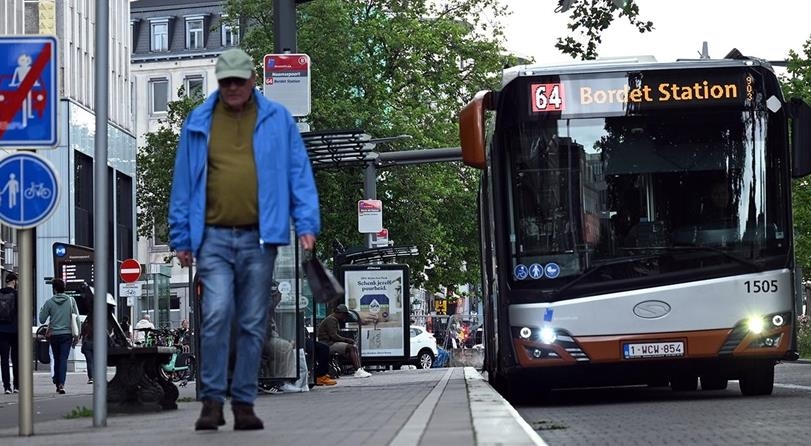EU car CO2 targets ‘no longer feasible,’ industry warns
Auto leaders say battery-electric vehicle market share ‘still far from where it needs to be’

ISTANBUL
European automotive manufacturers (ACEA) and suppliers (CLEPA) warned on Wednesday that the EU’s CO2 emission targets for cars are "no longer feasible."
"Meeting the rigid car and van CO2 targets for 2030 and 2035 is, in today’s world, simply no longer feasible," auto industry leaders wrote in a letter addressed to European Commission President Ursula von der Leyen.
The letter was signed by Mercedes-Benz CEO and ACEA President Ola Kallenius, along with Schaeffler CEO of Powertrain and Chassis and CLEPA President Matthias Zink.
"The current CO2 reduction path in road transport must be recalibrated to ensure it delivers on EU climate goals whilst also safeguarding Europe’s industrial competitiveness, social cohesion, and the strategic resilience of its supply chains," they noted.
Ahead of a Sept. 12 meeting with automotive executives, Kallenius and Zink warned von der Leyen that the EU risks falling behind in its automotive transition without a more holistic and pragmatic policy plan.
"Europe faces near-total dependency on Asia for the battery value chain, an uneven distribution of charging infrastructure, higher manufacturing costs -- including electricity prices -- and burdening tariffs from key trade partners, such as the 15% duty on EU vehicle exports to the US," they stressed.
Underlining that they are being asked to transform with their hands tied behind their back, Kallenius and Zink said that the battery-electric vehicle market share is "still far from where it needs to be."
"The upcoming revision of the CO2 standards for cars and vans is an opportunity to correct the course and anchor in law much-needed flexibility, industrial perspective, and a market-driven approach. It is clear by now that penalties and legal mandates alone will not drive the transition," they added.
Kallenius and Zink stressed that "technology neutrality" should be the core regulatory principle, enabling all technologies to contribute to decarbonization.
"Better leverage of key transition technologies, such as plug-in hybrid vehicles, will be critical in meeting decarbonization goals, engaging consumers in the green transformation and serving export markets where demand for this technology will remain high," they explained.
Kallenius and Zink further urged the Commission to safeguard Europe’s production capacity and technological know-how.
"Without policies that enhance European competitiveness to maintain manufacturing, the transition risks hollowing out our industrial base, putting innovation, quality employment, and supply chain resilience at risk. The world has changed drastically since the current direction has been set -- and the EU’s strategy for the automotive sector must change with it," they added.
Anadolu Agency website contains only a portion of the news stories offered to subscribers in the AA News Broadcasting System (HAS), and in summarized form. Please contact us for subscription options.







